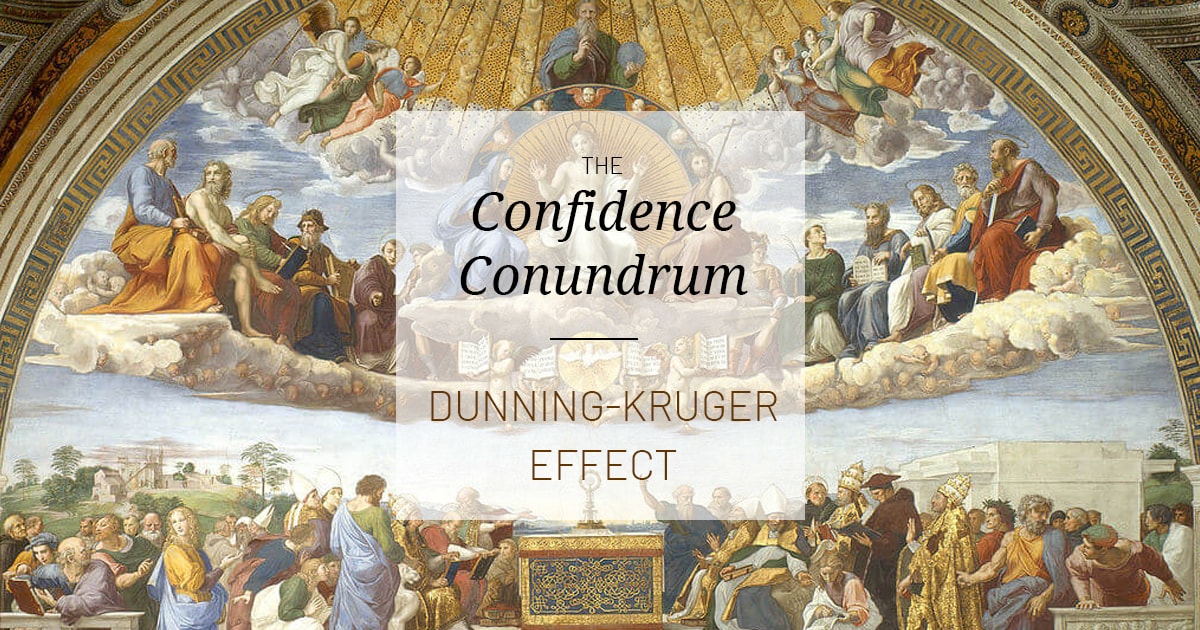In the wedding business, where creativity meets high stakes, confidence often plays tricks on us. Enter the Dunning-Kruger Effect: a psychological phenomenon where people with limited experience overestimate their abilities, while those with experience underestimate theirs. It’s why a new photographer might feel ready to conquer the world after a few shoots, while a seasoned planner second-guesses charging premium rates despite years of glowing reviews. This dynamic isn’t unique to weddings, but in our high-pressure, detail-driven world, it’s especially relevant.
The good news? This effect is not a flaw—it’s a roadmap for growth. Beginners overestimate their skills because they don’t yet know what they don’t know. That’s okay; boldness gets them in the game.
As seasoned pros, we can use this as an opportunity, not a threat. Instead of resenting misplaced confidence, position yourself as the expert who bridges the gap. Share your hard-earned wisdom, and educate clients on what real mastery looks like. Your depth, forged through years of problem-solving, becomes the ultimate differentiator in a sea of surface-level confidence.
Here’s the thing: humility is the secret superpower in this equation. While the overconfident beginner may win some early applause, it’s the seasoned creative, tempered by humility, who builds a legacy. Humility isn’t about shrinking; it’s about understanding the weight of your work and the privilege of serving your clients.
The Dunning-Kruger Effect isn’t a flaw; it’s a stage.
When you see it in others—or even recognize it in your younger self—treat it as a reminder of how far you’ve come. Use your expertise to create value that outshines mere confidence. The wedding business isn’t just about the big day—it’s about building legacies. And true mastery, honed over time, is what makes those legacies unforgettable.
The Dunning-Kruger Effect reminds us that growth is a journey, not a destination. For those starting out, humility is the key to learning quickly and genuinely. For the experienced, humility keeps the hunger for improvement alive. By leaning into this mindset, you create a balance that turns fleeting confidence into lasting competence.



